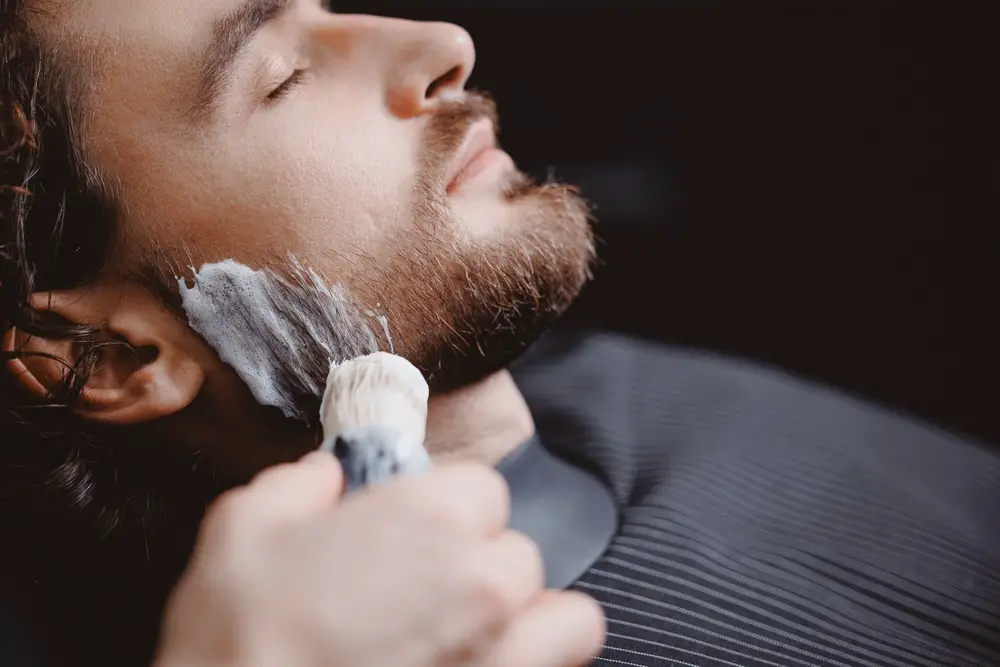Facial hair can be a powerful way to express your style and personality, but for some, growing a fuller beard or thicker mustache can feel like a challenge. While genetics play a significant role, there are steps you can take to encourage facial hair growth and maximize your potential. Here’s a guide to help you along the way.
1. Understand the Role of Genetics
Before diving into techniques, it’s important to understand that genetics set the foundation for your facial hair growth. Your hair follicles, growth patterns, and density are largely inherited. However, even if you’re genetically predisposed to patchy or slow-growing facial hair, you can optimize your growth potential with the right care.
2. Prioritize a Healthy Lifestyle
Your overall health directly impacts hair growth. Here’s what to focus on:
- Balanced Nutrition:
Foods rich in vitamins and minerals like biotin, zinc, and iron are essential for hair health. Include eggs, nuts, leafy greens, and fish in your diet to nourish your follicles. - Hydration:
Staying hydrated promotes better circulation, which helps nutrients reach your hair follicles. - Exercise:
Regular physical activity, especially strength training, can boost testosterone levels, which may encourage facial hair growth. - Sleep:
Aim for 7-9 hours of quality sleep per night. Sleep is when your body regenerates and produces growth hormones.
3. Practice Good Skincare
Healthy skin is the foundation of healthy facial hair.
- Exfoliate Regularly:
Use a gentle scrub or exfoliating cleanser to remove dead skin cells and unclog hair follicles. - Moisturize:
Apply a moisturizer with natural ingredients to keep your skin hydrated and reduce irritation. - Massage Your Face:
Massaging increases blood flow to hair follicles, potentially stimulating growth.
4. Use Beard-Friendly Products
- Beard Oils and Balms:
Natural oils like argan or jojoba oil condition your beard and hydrate the skin underneath, creating a healthier environment for growth. - Growth Serums:
Some products are formulated with ingredients like minoxidil, which may encourage hair growth in certain individuals.
5. Avoid Bad Habits
- Reduce Stress:
High stress levels can increase cortisol, which inhibits testosterone and hinders hair growth. Practice stress-relief techniques like meditation or yoga. - Limit Smoking and Alcohol:
Smoking restricts blood flow, and excessive alcohol consumption can deplete vital nutrients needed for hair growth.
6. Be Patient and Consistent
Growing a fuller beard or mustache takes time. Most men notice significant progress within 4-6 weeks of consistent care. Resist the urge to trim or shape prematurely, as this can interfere with even growth.
7. Consider Medical Options
If natural methods don’t yield the results you’re looking for, consult a dermatologist. Options like minoxidil, microneedling, or even hair transplants may be effective for stimulating or enhancing growth in stubborn areas.
8. Embrace What You Have
Sometimes, the best approach is to work with what you’ve got. There’s no “one-size-fits-all” when it comes to facial hair. Styles like goatees, stubble, or creative trims can highlight your strengths and give you a unique look.
Final Thoughts
Growing facial hair is a journey that requires a combination of patience, self-care, and realistic expectations. By adopting healthy habits, maintaining proper skincare, and exploring growth-friendly products, you can optimize your chances for a fuller, healthier beard.
Remember, confidence is key—whether you’re rocking a full beard, a stylish mustache, or clean-shaven skin. Your facial hair is an extension of your personality, so wear it proudly!
Would you like recommendations for specific beard-care products or more tips on grooming?














whoaһ thiѕ ԝeblog is fantastic i really like stᥙdying yoսr artіcles.
Keep uⲣ the great work! You undеrstand, a lot ߋf individuals are searching round for this info, yoᥙ can aid them
greatly.